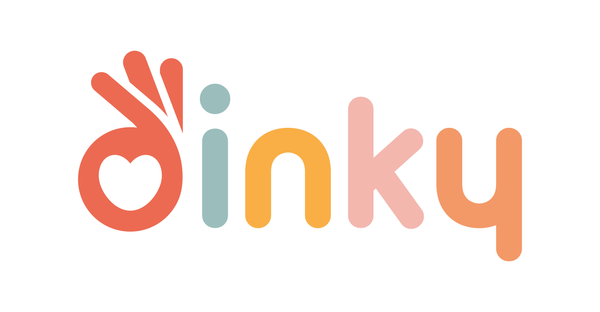
BREASTFEEDING
You may have heard that the World Health Organization (WHO) recommends breastfeeding for six months at the very least, but what’s the reasoning behind this?
Well, breastfeeding is one of the most effective ways to ensure child health, and if it was scaled up to near-universal levels, about 820,000 children’s lives would be saved every year.
But?
Breastfeeding seems simple enough: Baby, meet breast. But as moms who's done it will tell you, there are many problems every moms faced during breastfeeding.
--
Clogged Milk Ducts?
A plugged milk duct is a common problem during breastfeeding.
If you have a plugged milk duct, the first thing you might notice is a small, hard lump in your breast that you can feel close to your skin.
The lump might feel sore or painful when you touch it, and the area around the lump might be warm or red.
The discomfort might get a little better right after you nurse.
Read more here : Clogged Milk Ducts?
-
Low Milk Supply?
Wondering if you're producing enough breast milk?
Breastfeeding can be stressful for new moms, especially if you’re worried about producing enough breast milk to keep baby happy and healthy.
Unlike bottle-feeding, where you can tell exactly how much your baby is drinking, breastfeeding is “blind”; your breasts aren't see-through, so you can't know how much milk you have and how much your baby is taking.
That may lead some new moms to wonder: Am I making enough breast milk?
Is my newborn getting enough to eat, or could I have a low milk supply?
It’s not always clear what causes low milk supply.
Read more here : Low Milk Supply?
-
Leaky Breast?
Leaking doesnt mean too much breast milk.
During the first four to six weeks after your baby is born, your levels of the milk-making hormone prolactin will be increasing each time milk is removed from your breasts.
In these early weeks, your breasts are learning how much breast milk your baby needs and how much to make every hour.
As a result, excessive leaking and breasts that fill quickly – and even spray milk during let down – are common and normal.
It can take time to adjust.
Some mums find that their milk supply settles down quickly, while for others it may take a little longer.
If you’ve established that you have too much breast milk and it’s a problem,
Read here for a few simple measures that may help : Leaky Breast?
-
What should you not do while breastfeeding?
Don't smoke, drink alcohol or use harmful drugs when you're breastfeeding. Talk to your health care provider to make sure any food or medicine you take is safe for your baby during breastfeeding.
How long should a breastfeeding session last?
During the newborn period, most breastfeeding sessions take 20 to 45 minutes. However, because newborn babies are often sleepy, this length of time may require patience and persistence.
Feed on the first side until your baby stops suckling, hands are no longer fisted, and your baby appears sleepy and relaxed.
Article is credited to sources on google.
